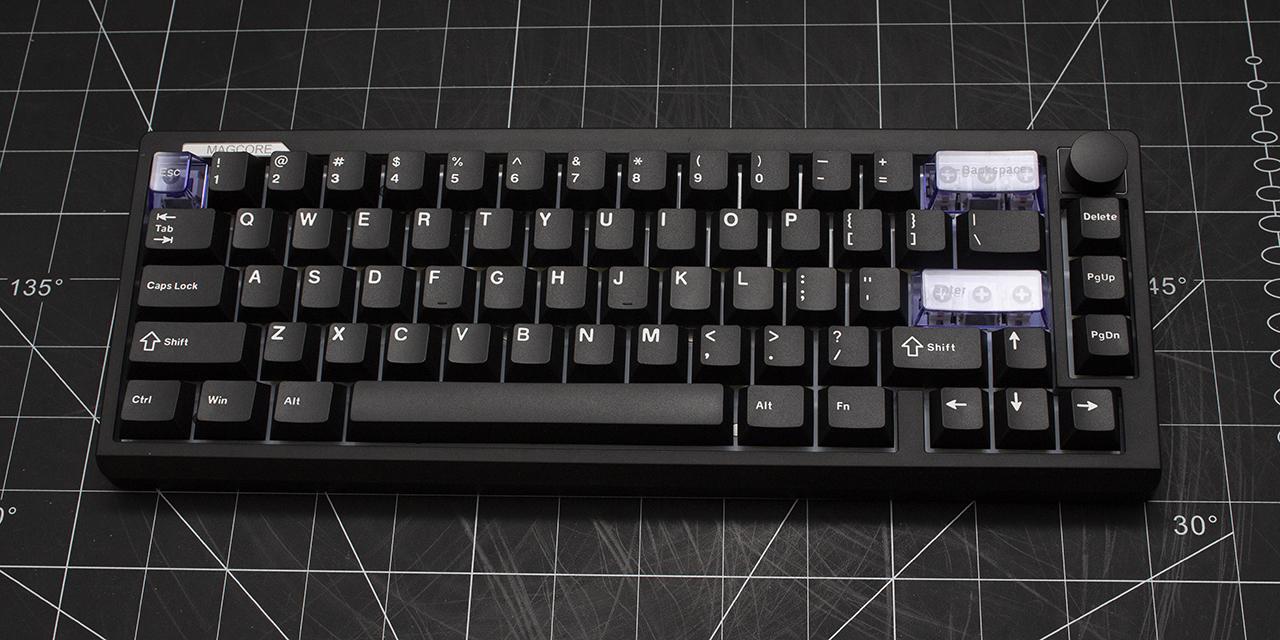From The Verge: Microsoft launched its new Surface Go device earlier this month with an Intel Pentium Gold processor inside. It’s been one of the main focus points for discussions around performance and mobility for this 10-inch Surface, and lots of people have wondered why Microsoft didn’t opt for Qualcomm’s Snapdragon processors and Windows on ARM. Paul Thurrott reports that Microsoft wanted to use an ARM processor for the Surface Go, but that Intel intervened.
Intel reportedly “petitioned Microsoft heavily” to use its Pentium Gold processors instead of ARM ones. It’s not clear why Microsoft didn’t push ahead with its ARM plans for Surface Go, but in my own experience the latest Snapdragon chips simply don’t have the performance and compatibility to match Intel on laptops just yet. Microsoft has been working hard to improve this though, despite Intel’s threats it would sue competitors like Qualcomm if they attempt to emulate Intel’s x86 instruction set architecture.
It’s certainly an interesting time for Windows on ARM. New devices with Qualcomm’s Snapdragon 850 processor will debut in time for the holiday season, but a new chip with even more performance improvements will be available early next year. ARM also laid out a two-year roadmap for its processor designs recently, and unveiled a Cortex-A76 CPU earlier this year. ARM claims the Cortex-A76 will deliver laptop-class performance while drawing smaller amounts of power like smartphones do.
It’s still early days for Windows on ARM, and once app compatibility, emulation, and performance is all improved then it could spell some serious trouble for Intel’s laptop dominance. Microsoft is also pushing ahead with ARM server designs, threatening Intel’s dominance in the datacenter. Intel has been struggling to move towards its next-generation 10nm Cannon Lake processors, with mass production of the chips now expected for 2019 instead of the end of 2018 as originally planned. Intel now faces a fight for its future, with strong competition from AMD, Nvidia, and Qualcomm making it a turbulent time in the ongoing processor and platform battles.
View: Article @ Source Site





